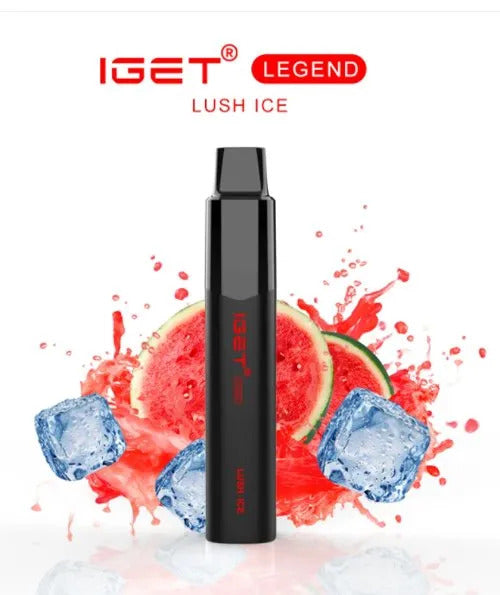The Legal Landscape of Vaping: Navigating Regulations and Policies for iGet Users in Industry None
Body
As the popularity of vaping continues to rise, it's essential for iGet users in the industry to have a comprehensive understanding of the legal landscape surrounding vaping products. Navigating the regulations and policies related to vaping can be complex, but it's crucial for both businesses and consumers to stay informed. In this article, we'll delve into the legal aspects of vaping, providing valuable insights for iGet users in the industry.

Understanding Vaping Regulations
The legal landscape of vaping is constantly evolving, with regulations varying significantly from one region to another. For iGet users in the industry, it's essential to stay updated on the latest regulations governing the manufacturing, distribution, and marketing of vaping products. These regulations often cover aspects such as product labeling, packaging, and advertising restrictions. Additionally, age restrictions for purchasing vaping products are a key consideration, with many jurisdictions imposing strict age limits to prevent underage vaping.
Impact of Policies on Vaping Industry
Policies related to vaping can have a profound impact on the industry as a whole. For iGet users in the industry, understanding the implications of these policies is crucial for compliance and business strategy. Policies may encompass taxation of vaping products, public usage restrictions, and licensing requirements for manufacturers and retailers. Moreover, policies aimed at promoting public health and safety can influence product development and marketing strategies within the vaping industry.
Global Perspectives on Vaping Regulations
When exploring the legal landscape of vaping, it's important to consider the global perspective. Vaping regulations and policies vary significantly across different countries and regions, presenting unique challenges for iGet users in the industry. For example, some countries have implemented outright bans on vaping, while others have adopted more permissive regulatory frameworks. Understanding these global variations is essential for businesses operating in the international market and for consumers who travel across borders.
Adapting to Regulatory Changes
Given the dynamic nature of vaping regulations, iGet users in the industry must be prepared to adapt to regulatory changes. This may involve proactive engagement with policymakers, compliance training for staff, and continuous monitoring of legal developments. Businesses that demonstrate a commitment to compliance and consumer safety are better positioned to navigate the evolving legal landscape of vaping. Moreover, fostering transparency and accountability can enhance trust and credibility within the industry.
In conclusion, the legal landscape of vaping presents a complex and multifaceted environment for iGet users in the industry. By understanding and adhering to regulations and policies, businesses and consumers can contribute to the responsible growth of the vaping industry. Staying informed, proactive, and adaptable is essential for navigating the legal complexities of vaping, ultimately ensuring the sustainability and legitimacy of the industry.










Comments